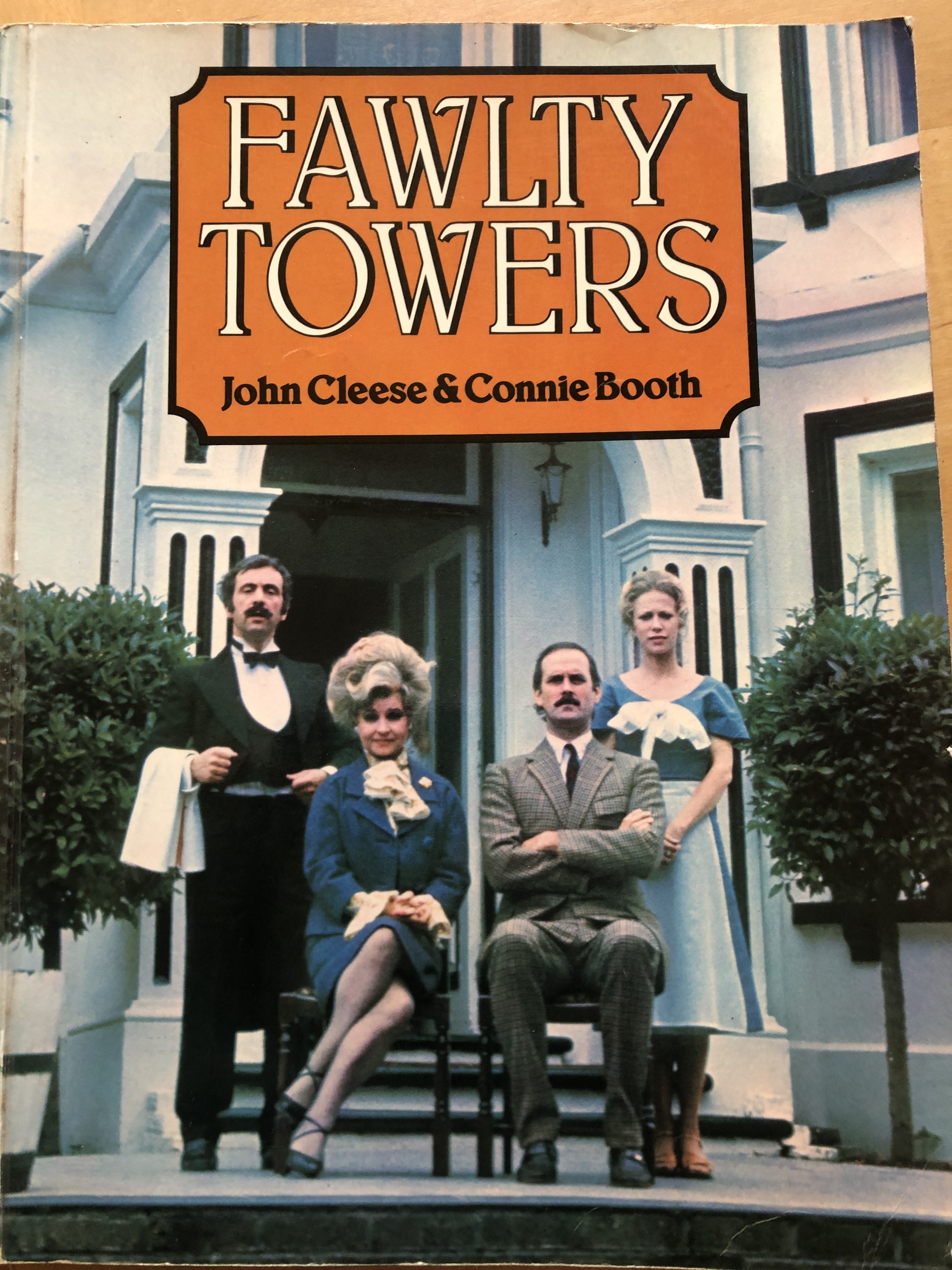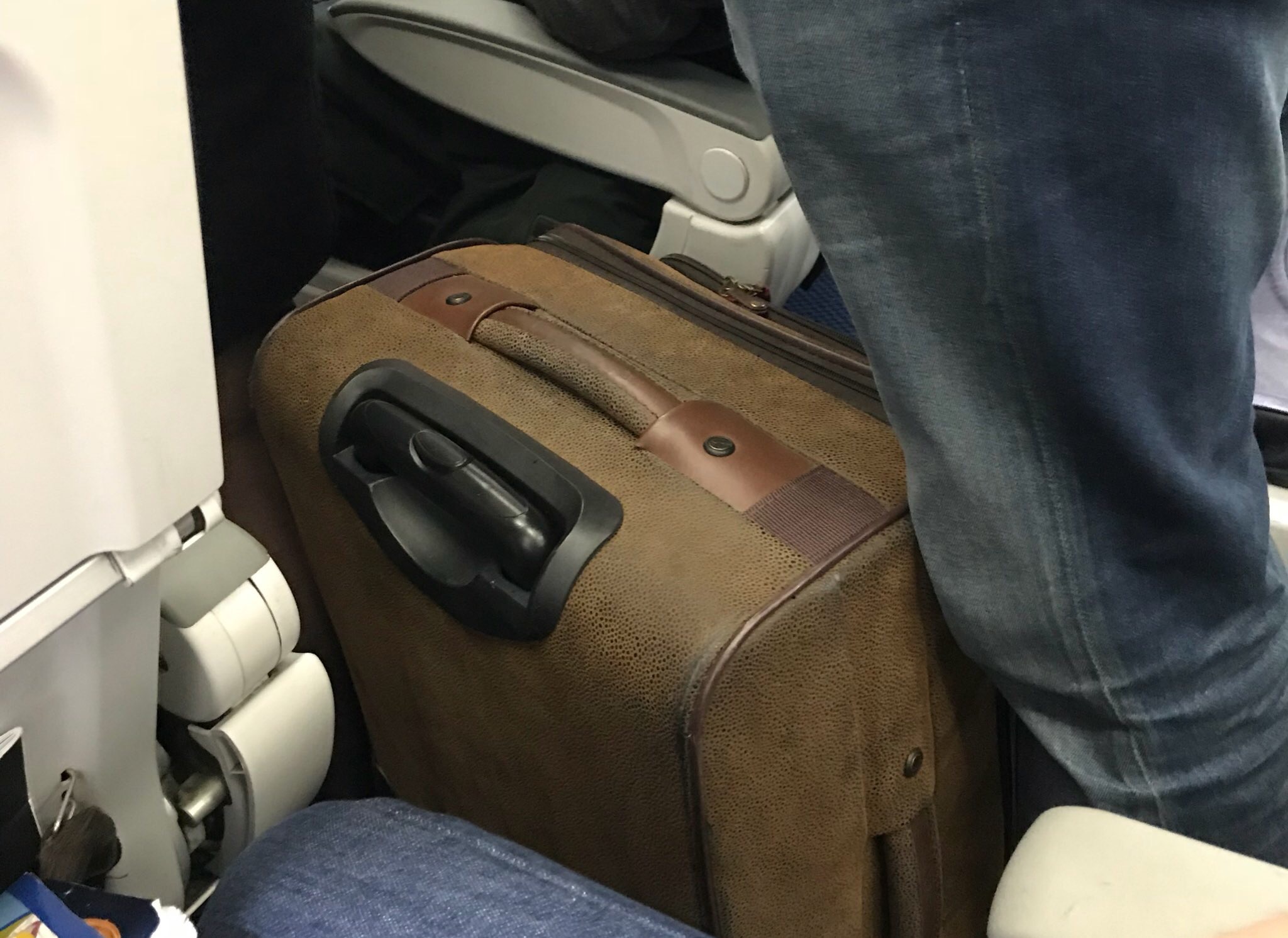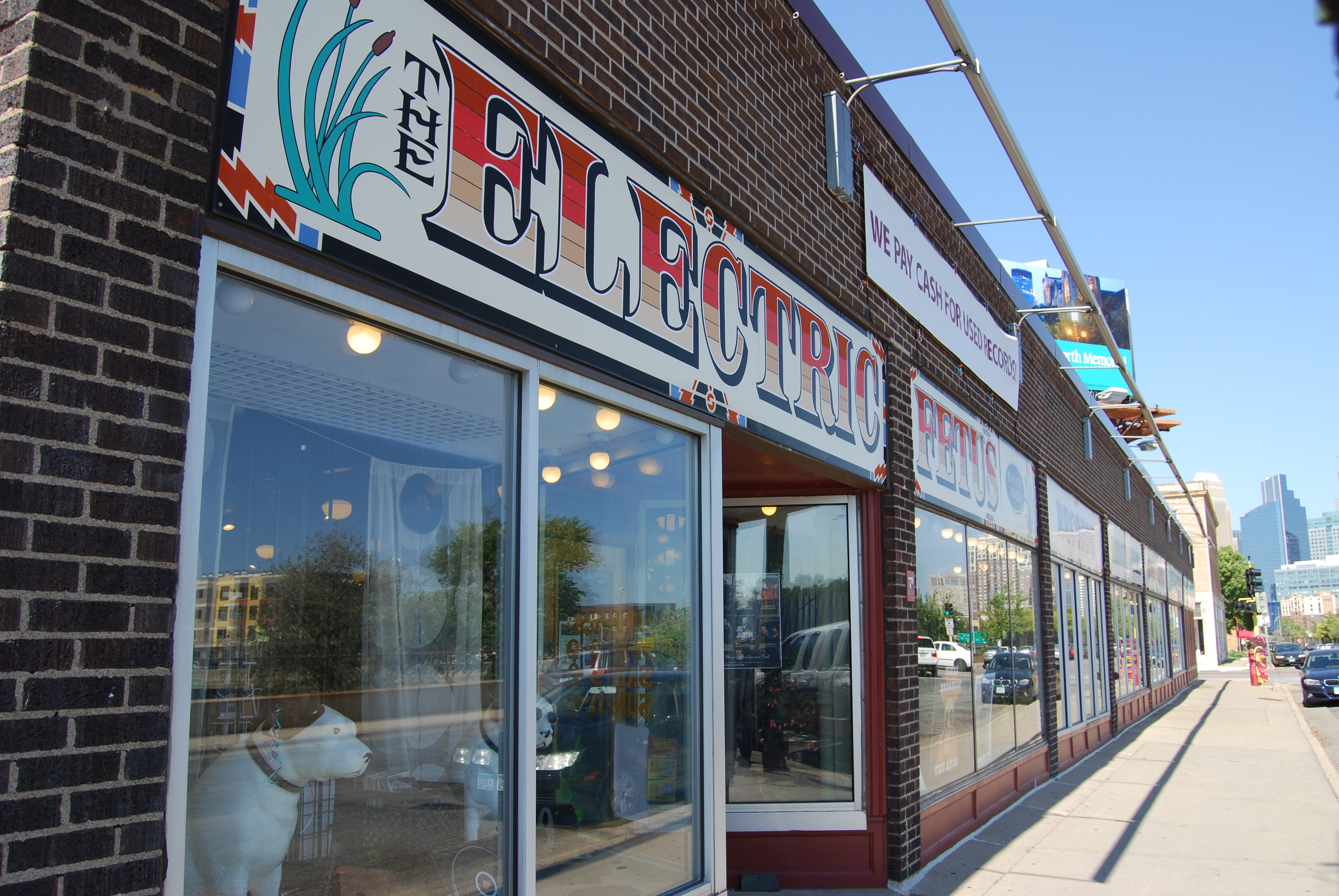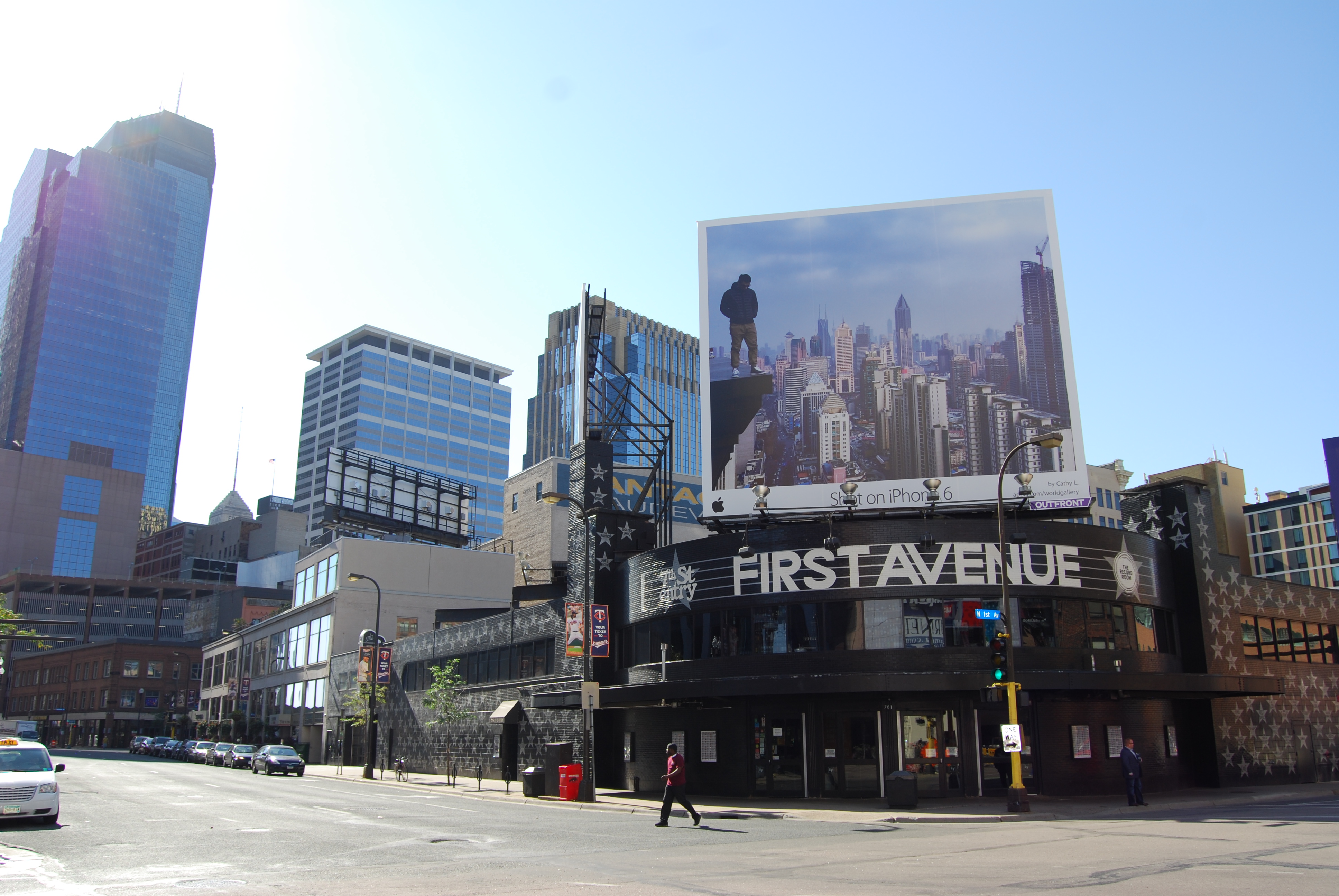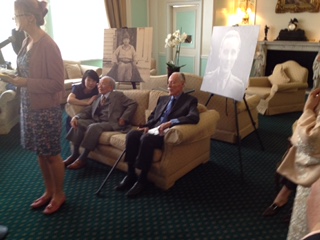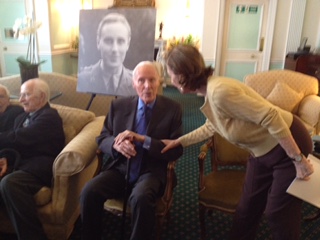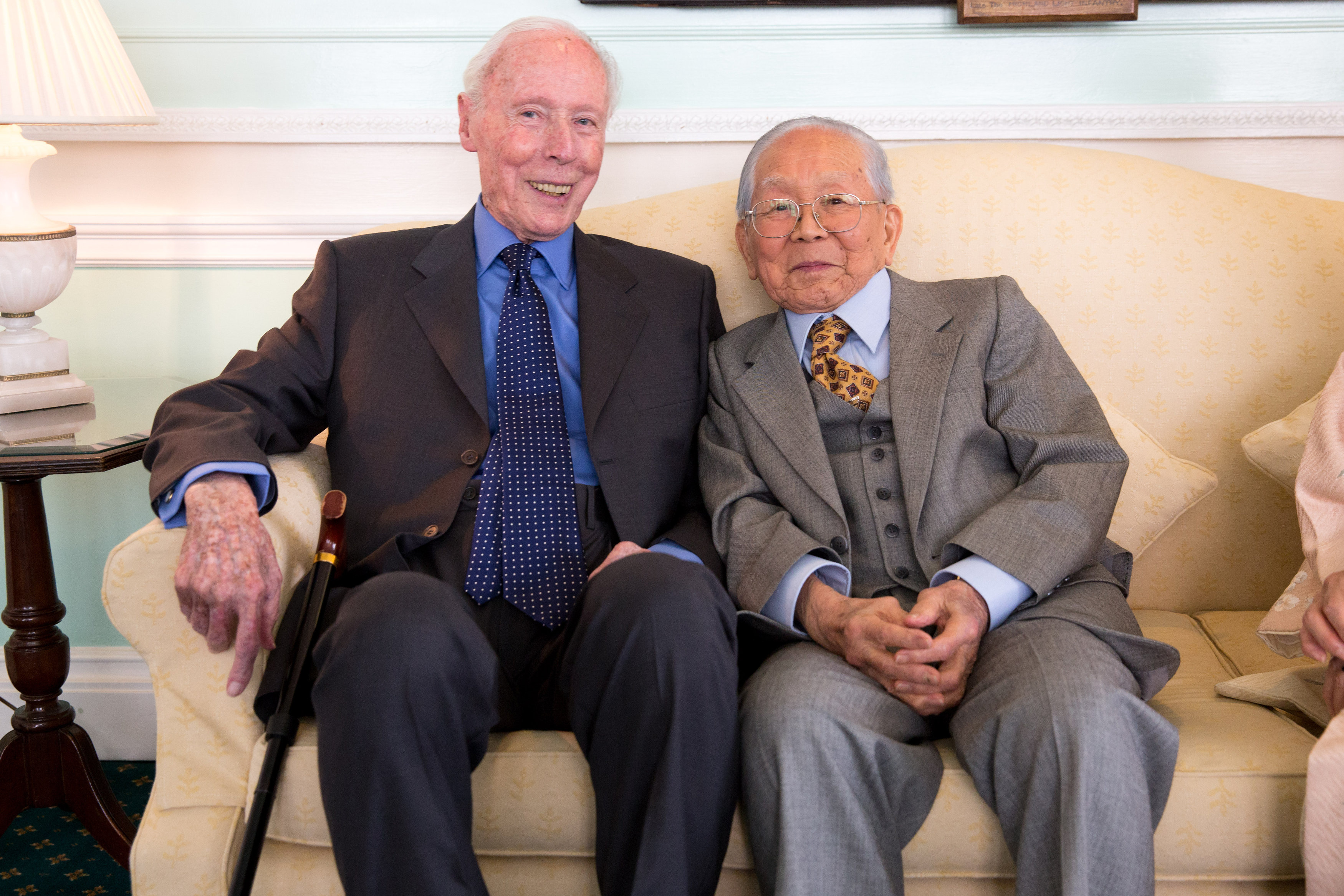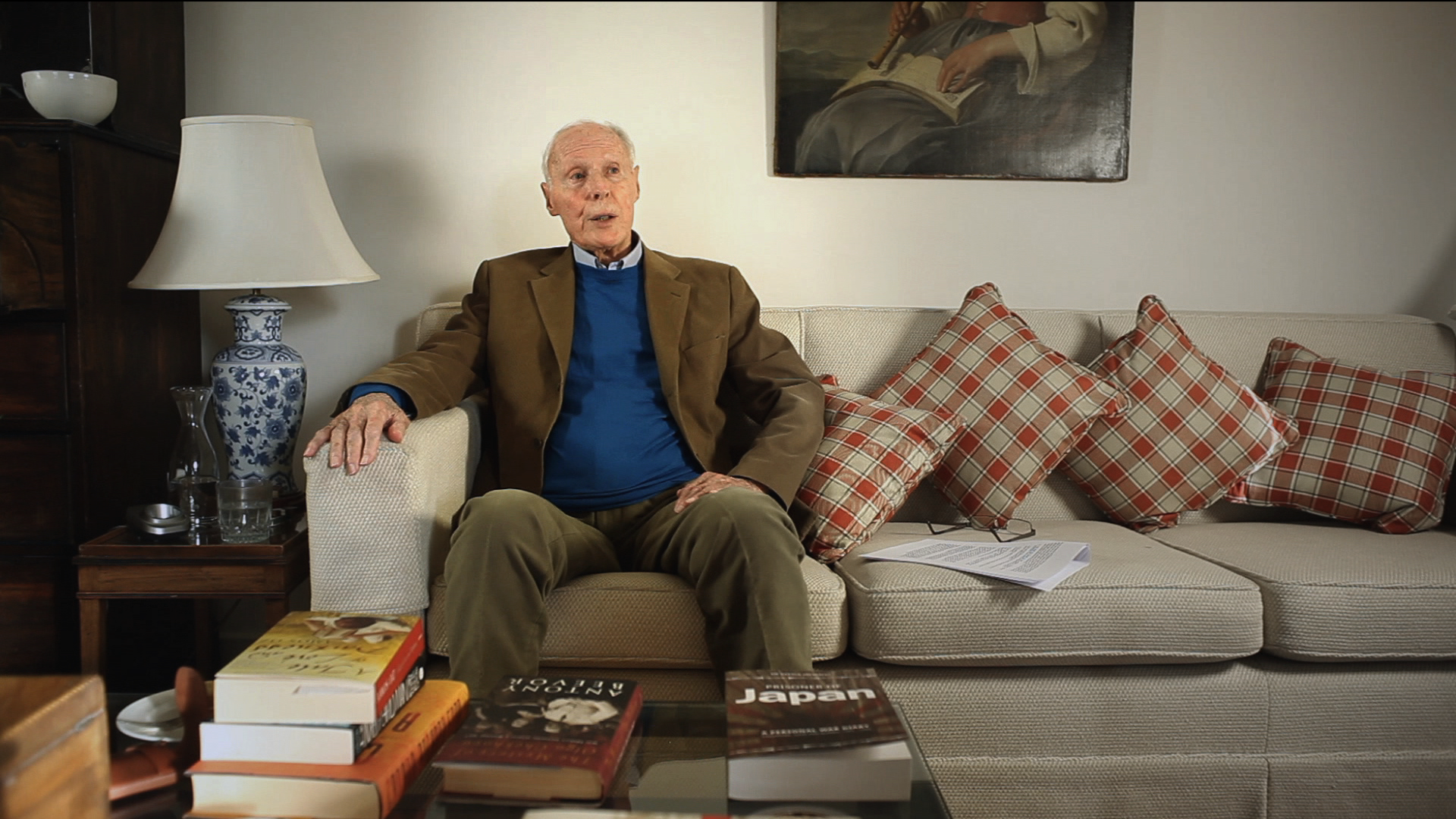“Mr Fawlty, I no want to work here any more”
IN FAWLTY Towers, the classic 1970s comedy sitcom starring John Cleese, marvellous misunderstandings between Basil Fawlty, the owner of the Torquay hotel on which the series is based, and Manuel, the Spanish waiter who struggles with English, provide many laughs.
In one episode the penny-pinching Fawlty berates Manuel for giving guests too much butter with their afternoon tea and scones. Fawlty: “There is too much butter on those trays. ON THOSE TRAYS!” Manuel, who thinks his employer is practising his Spanish: “No, no, not ‘on those trays’ sir. Uno, dos, tres.”
Foreign workers at British hotels have long been an important source of employment, although language skills have improved somewhat over the years. Since the 2004 enlargement of the European Union hundreds of thousands of EU citizens have filled key roles as the number of people from EU states has risen from 1.26 million in 2003 to 3.68 million in 2017, according to Oxford University’s Migration Observatory, which also estimates that 500,000 EU citizens now work in low-paid jobs such as housekeeping and waiting tables.
Surveys calculating how important EU employees are to the hospitality industry regularly show they represent around 40 per cent of staff, although this could be even higher. For example, 60 per cent of the 1,000 employees at Leon, the fast food chain, are from the EU.
Trouble, however, lies ahead. Uncertainty over what will happen post Brexit is causing great anxiety among Britain’s hoteliers and restaurateurs. UKHospitality, the main body representing the hospitality industry, says it is alarmed by Theresa May’s rhetoric regarding future cutbacks to low-paid worker immigration.
The prime minister has said migrants will need to show they can meet a minimum salary threshold after Brexit. This figure has yet to be announced although non-EU migrants must currently prove they can earn more than £30,000.
UKHospitality expects a big drop in the number of 18-24 year olds from the EU available for work following Brexit, as fewer are allowed into Britain and others return home. “If hospitality is to keep up growth we need more people,” says Chris Banks of UKHospitality. “The latest unemployment figures show we are short of workers to call upon. In some regions unemployment rates are almost zero. We can’t fill rolls with people if they are not there. We need people coming in.”
Adam Raphael, editor of The Good Hotel Guide, which provides independent reviews of UK hotels, believes a crisis looms unless hotels introduce more staff training, adding to the cost of running businesses. “Many EU workers in low-paid jobs in hotels are very sophisticated graduates from the likes of Romania and Poland,” Raphael says. “They know about table manners and how to handle people politely. Hotels are going to have to start training British employees to take their place.”
Martin Randall of Martin Randall Travel, which runs cultural tours in the UK and overseas with an annual turnover of £20 million, expresses dismay at Britain’s continuing Fawlty Towers-style service. It is, he says, a “big problem” and is only likely to worsen if low-paid EU workers are blocked and others go home… just as Manuel proposes in series two of Fawlty Towers.
“Mr Fawlty, I no want to work here any more,” the waiter says after a guest dies in his sleep and Basil Fawlty, believing an out-of-date kipper is to blame and that the hotel may be held responsible, demands Manuel helps shift the corpse.
Although Oxford University’s Migration Observatory says that “some new form of labour migration routes to low-skilled jobs” will probably be introduced post Brexit, British hoteliers may soon have to do some of their own shifting to make up numbers.
Where will all the waiters, receptionists and cleaning staff come from if we do – eventually – leave the EU?
Who knows? Fawlty Towers captured a time when British hospitality had a reputation, and not a good one . It was so awful Manuel wanted out.
The way hotels and B&Bs are run has moved on light years since then, but take away foreign workers and standards are likely to nosedive – Basil-style – soon enough.
